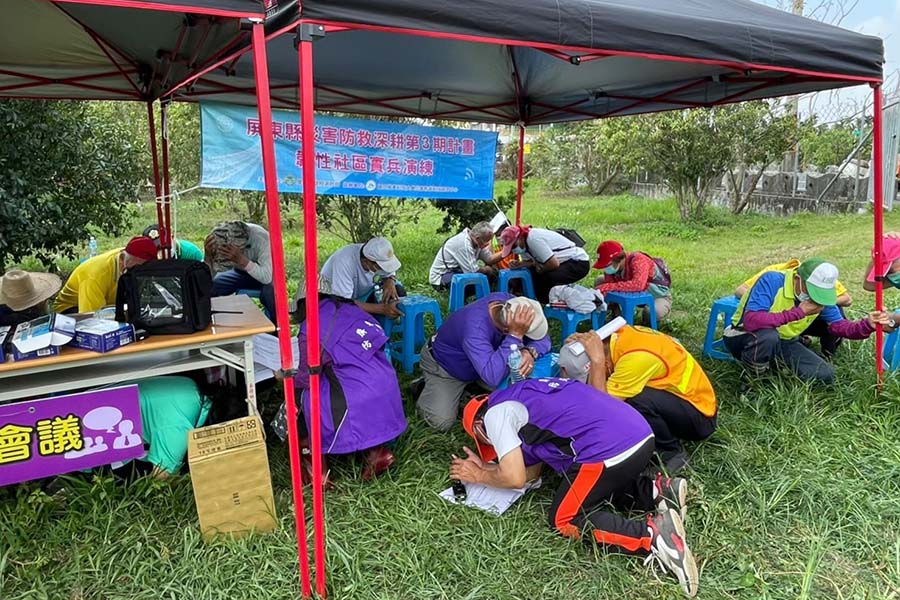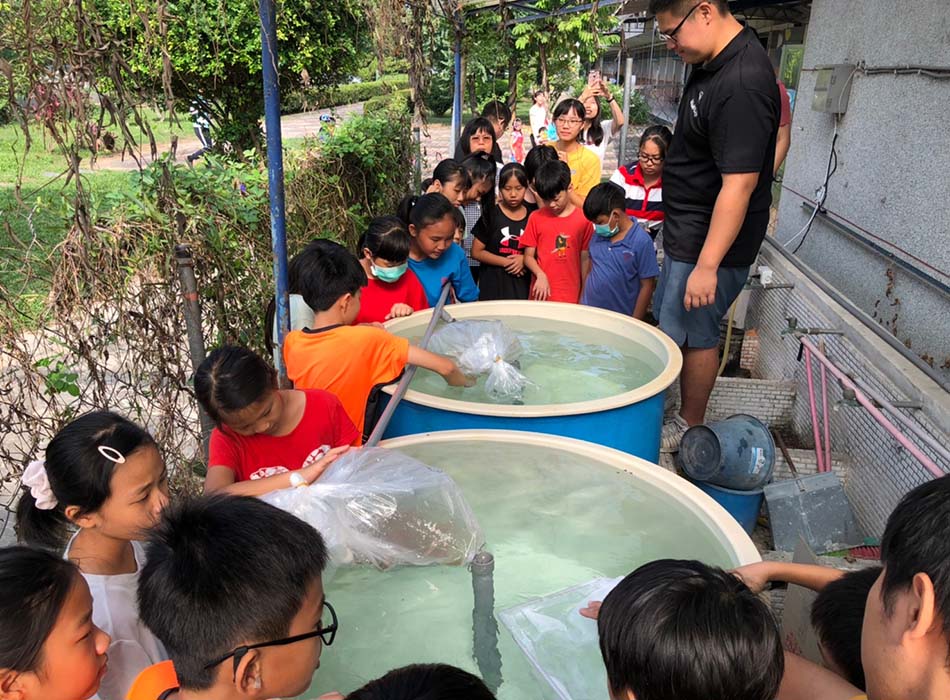The UK’s Times Higher Education (THE) recently published its 2023 World University Impact Rankings, which are evaluated based on the United Nations’ 17 Sustainable Development Goals (SDGs). A total of 1,591 universities from 112 countries around the world participated in the most recent rankings. Among these, National Pingtung University of Science and Technology (NPUST) ranked in the 201-300 segment, globally. Among Taiwan’s 47 participating universities, NPUST ranked 6th overall, and 1st when compared with the country’s other technical universities. Its overall score and individual indicator rankings have improved over 2022.
In the most recent World University Impact Rankings, NPUST’s performances on the three indicators of climate action (SDG13), marine ecology (SDG14) and responsible consumption and production (SDG12) were the most eye-catching, with rankings of 66th, 73rd, and 89th in the world, respectively. For both climate action (SDG13) and marine ecology (SDG14), it also ranked the highest in the country. NPUST has long been cooperating with the private sector to conduct tree planting, conserve energy on campus, and introduce renewable energy. It has also received wide recognition for its committed efforts in climate action and governance, and for helping local governments to build community awareness, conduct disaster prevention & relief, and improve community disaster resistance. The university’s preventive measures in this area have achieved remarkable results and its efforts in water ecosystem protection and restoration, waste disposal, and recycling have also been outstanding.
Every year, through multiple channels of funding, NPUST is providing support to economically disadvantaged domestic and international students. It is also committed to developing sustainable agricultural production systems and cultivating talent to achieve the goals of eliminating hunger, while taking food security and the promotion of sustainable agriculture into account. In conjunction with Taiwan’s “5+2 Industrial Policy”, NPUST is implementing industry-government-academic research cooperation on “smart machinery”, “green energy technology”, “biomedical development”, “new agriculture” and “circular economies”. The university also runs a wildlife center which rescues domestic and foreign endangered species and strengthens sustainable practices such as land ecological protection and restoration. NPUST ranks 101-200 in the world on 4 indicators including poverty eradication (SDG1), hunger eradication (SDG2), infrastructure, industrialization and innovation (SDG9) and terrestrial ecosystems (SDG15). Among these, their performance in poverty eradication (SDG1) has earned it the third spot in the country.
NPUST President Chin-Lung Chang said that the school was founded nearly a century ago. In order to comply with environmental and sustainable development trends, SDGs have been integrated into the school’s development plan, with “technological agriculture”, “ecological industry”, “platinum society” and “sustainable economy” serving as its four main development axes of development. NPUST is also echoing the international concept of “One Health”, using ‘production, ecology, life and health’ as a core development strategy to promote sustainable education and create a sustainable campus culture. President Chang also pointed out that NPUST has ranked No. 1 in the country on the Greenmetric World University Rankings for nine consecutive years, beginning in 2014. Last year (2022), it ranked 3rd in Asia and 27th worldwide. From 2020 to 2023, it won the “Global Views Magazine University Social Responsibility Award” for various outstanding projects, with 3 first place prizes and 4 model awards. the implementation of sustainable development goals has been recognized by many different sectors. In 2022, together with 9 national universities including National Taiwan University and National Taiwan Normal University, NPUST jointly established the “Taiwan University Alliance for Sustainable Governance” to cooperate sustainable development goals. This year, it also established Taiwan’s seventh “Sustainability Hub” on campus, to serve as a platform for industry-government-academic research cooperation and social and agricultural practices. Such things demonstrate the determination NPUST has in promoting sustainability and social responsibility, both internally and externally through a multi-pronged approach.






